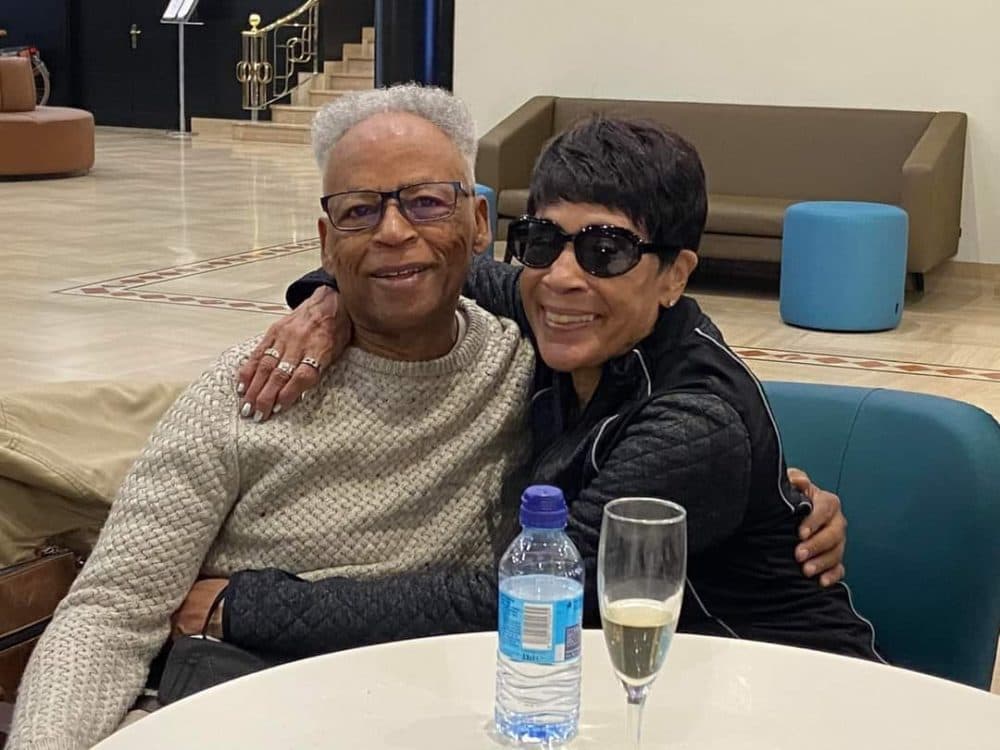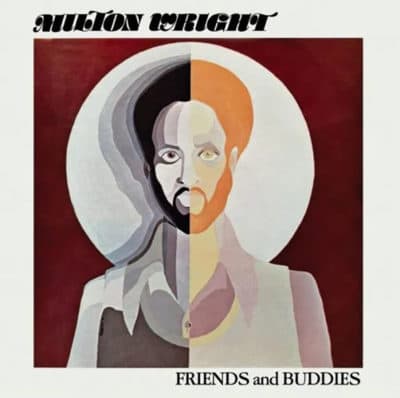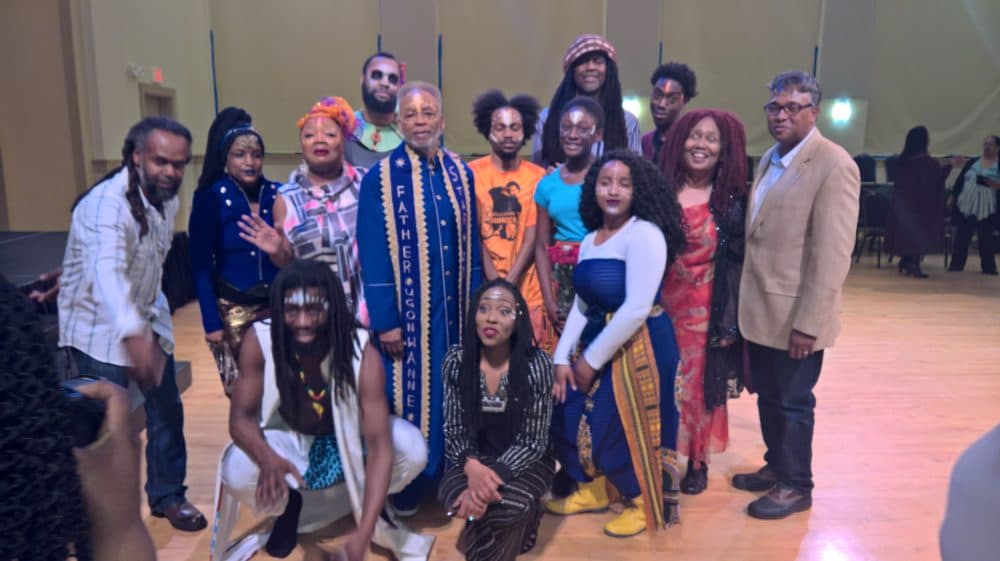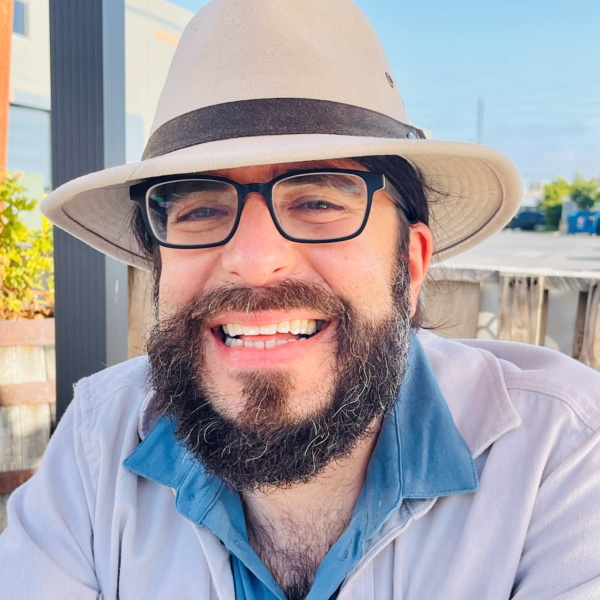Advertisement
Boston’s Judge Milton Wright revisits his funky past
Earlier this month, Boston’s Milton Wright was flown to Bilbao, Spain to perform soul songs he wrote and recorded in the 1960s and '70s. For fans of classic R&B, this is a familiar tale: an underappreciated artist discovers that recordings they made decades ago have a significant overseas following.
But what Wright did after his recording career seems to be without parallel in soul music history: He became a judge, joining the bench of the Boston Municipal Court in 1992 and serving until his retirement in 2004.
Wright says that while he has long received royalty checks from Europe, he was still surprised at the invitation, and even more surprised at the celebrity treatment he received after the performance, which saw him sharing the bill with soul diva Bettye LaVette.
“I knew there were people throughout Europe that liked my recordings, but I didn’t know the extent of the fan base that I had,” he says. “One gentleman said the song ‘My Old Lady’ had changed his life. Another told me about dancing to my music when he was 15 years old, and he couldn’t believe he was standing in front of Milton Wright. I told him ‘I’m just me.’”

Wright’s musical story begins with Echoes of Joy, his family’s gospel group in his native Miami. Sister Betty would join when she was 2 years old, before going on to a string of immortal soul hits like “Clean Up Woman.” The group would open programs for gospel greats and shared a home church with the Consolers, an influential husband-and-wife duo. “A lot of the groups would come by the house, and they’d show us things on the guitar,” remembers Wright.
Brothers Phillip and Charles started a band called the Afro Beats who ruled the Miami Beach hotel circuit and also worked steadily in Boston. After Milton studied at Morehouse and Princeton he was accepted into the University of Michigan Law School. The realization that his girlfriend was engaged to another man led to a song, “I Belong To You.” Wright recorded it for Ollie McLaughlin, but the famed Detroit producer only released it as an instrumental. A decade later the vocal version came out without Wright’s authorization, becoming a staple of the UK’s northern soul scene.
Advertisement

Finding an inhospitable racial climate at the Michigan law school, Wright moved to Boston and joined up with his brothers. They started a second band, the Fourth Unit, that played an especially memorable show at the MCI-Norfolk jail. Wright went back to law school, this time at Boston University, and passed the bar in 1972. “But I never really found my niche in the legal profession at that time,” says Wright. He would soon be back in Miami, and in 1975 he released his first album, “Friends and Buddies.”
The album’s thoughtful, socially conscious lyrics and funky vibe would have appealed to any of the fans of the music Stevie Wonder or Gil Scott-Heron were making at the time. “Po Man” was an epic tale of a wicked king brought to justice, inspired by Richard Nixon’s invasion of Cambodia.
A single, “Keep It Up,” started to make some noise. But Wright was signed to a subsidiary of TK Records. The same year the Miami label released two singles by a close Wright family friend, Harry Wayne Casey, better known as the leader of KC and the Sunshine Band. The label’s attention was diverted by massive hits like “That’s The Way I Like It” and “Get Down Tonight.” Wright’s 1977 follow-up, “Spaced,” got even less notice, although Alex Subinas, a collector and record label owner who helped bring Wright to the Bilbao Soul4Real Festival, says the two albums had “a unique sound that was ahead of its time.”
Wright returned to Boston and discovered that his background as an entertainer made him an excellent trial lawyer. He would go on to become the head of the group of public defenders known as the Roxbury Defenders, and was part of the legal team that worked on a landmark racial discrimination lawsuit against Boston Ironworkers 7.
As a judge, Wright saw many criminal defendants who were either innocent or who had been overcharged. He also worked to keep bail affordable. “I’ve been really rewarded by the number of people I run into all the time who have been before me, and they’re anxious to tell me how well they’re doing,” says Wright, saying that if those defendants had been given lengthy prison sentences, “we would have wasted another human being.”

Wright never stopped making music, even when he was on the bench. He’s long been a part of Black Nativity, and in 2014 and 2016 mounted performances of “Jobe,” a musical based on the Book of Job, a theme he’d first explored in music on a track from “Spaced.” He sang spirituals with the New England Spiritual Ensemble — while Subinas had been looking for Wright for years, it turned out Wright had sung in Bilbao in the 90s when the Spiritual Ensemble toured Europe — but he’d never sung most of the songs on “Friends and Buddies” and “Spaced” live until this month’s appearance in Spain.
“I guess God had a sense of humor,” he laughs. “He said ‘OK, Milton, I’ll finally let you do this now.’ But I really think everything that happened to me was supposed to happen. I was supposed to become a lawyer, and I was supposed to become a judge. And, all along, I still sang.”
